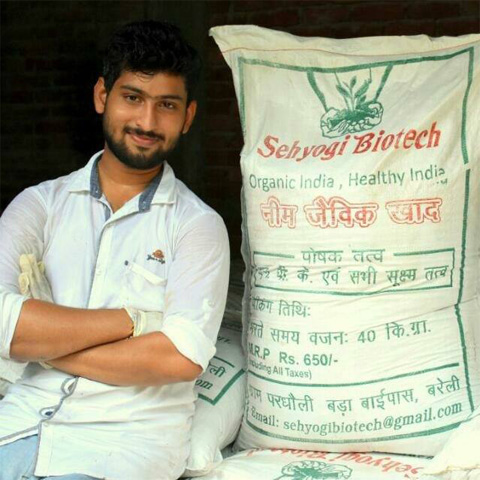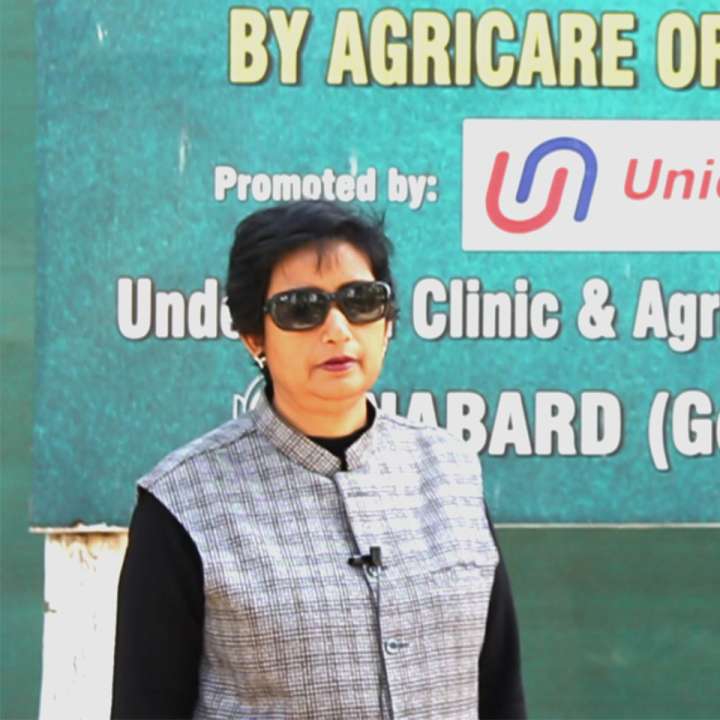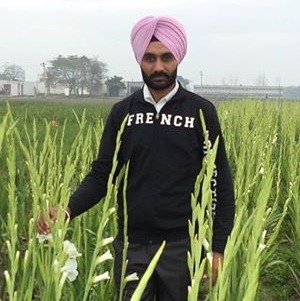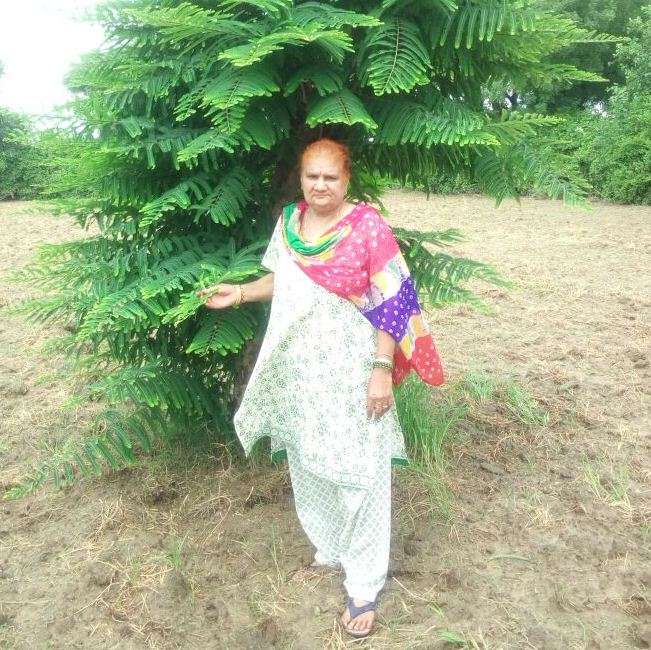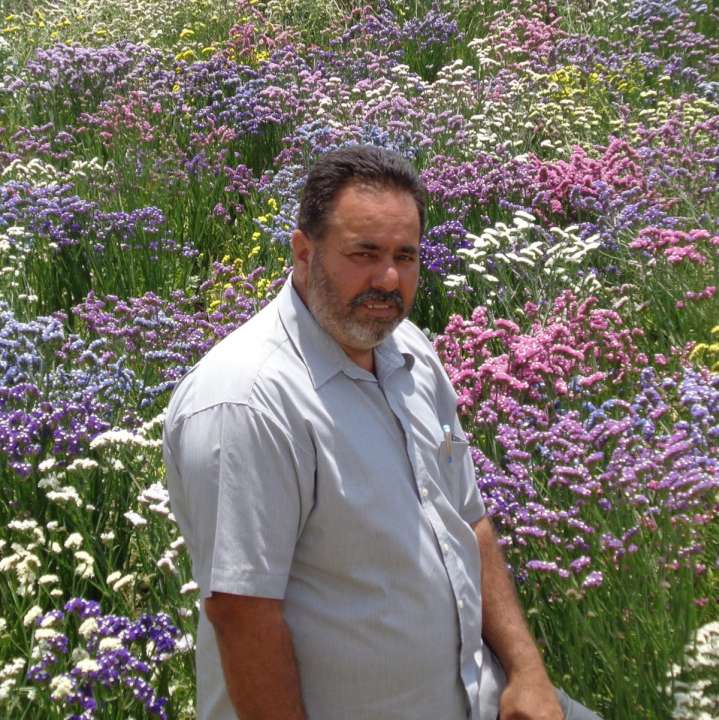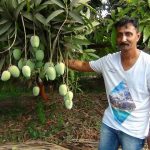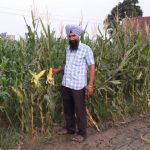Passionate Young Man from Bareilly Chose Vermicomposting over CA Studies Just to Make Country’s Soil More Fertile & Help Farmers Double Their Income
Prateek Bajaj is a bright example for the agriculture society by contributing his efforts in nurturing the Mother Nature and making the country’s soil more fertile. With his beautiful field of vision and inventiveness, today he is solving the country’s waste management problems with great efforts and is helping farmer too to adopt the vermicomposting technology and make their farming an economical venture rather than a loss deal.
Hailing from one of the famous cities of India – Bareilly and coming from a business class family background, Prateek Bajaj always thought of becoming a CA so that later he can join his father’s real estate business. But at the tender age of 19, this boy changed his mind overnight and decided to start the vermicomposting business.
The idea of vermicomposting came in the mind of Prateek Bajaj in 2015, when one day he attended dairy farming training at Krishi Vigyan Kendra, IVRI, Izatnagar, with his elder brother who had recently started dairy farming. At that time, Prateek Bajaj had already cleared his CPT exam and was studying for CA and with his ambitious spirit he could have cleared CA also, but once he attended the training, he came to know about the basics of vermicomposting and bio-waste. He found the idea of vermicomposting so interesting that he decided to drop his career goals and adopt bio-waste management as his future plan.
“I wondered that why we gave away all the cow dung and urine obtained from his brother’s dairy farm if we can use it in such a better way. – Said Prateek Bajaj”
He finished his training with IVRI and learned the advance method of composting with the researchers and scientists present there and fetched all the necessary knowledge required for successful vermicomposting.
Almost, after six months, Prateek shared his plans with his family, it was understandable at that time that his father would disapprove over his decision of quitting CA. But when for the first time Prateek prepared Vermicompost and sold it in the market, his father accepted his son’s decision open heartedly and applauded his work.
“For me becoming a CA was not a big deal, I could have studied for hours and cleared all the exams, but doing what I love whether it takes 24 hours at the composting plant makes me feel happy. Moreover, I don’t need any break, as I know my passion is my career and it makes my work more fun. – Said Prateek Bajaj”
When Prateek’s family agreed with his future plan, then Prateek invested in seven bighas agricultural land in Pardholi village nearby and started vermicomposting in the same year – 2015, and then there was no turning back.
While opening the new unit of vermicomposting Prateek had decided that through this he going to deal with the waste management problems and will also help the farmer to manage their agriculture activities in an Eco-friendly and economical way.
To make his compost richer he experimented with various techniques of using the society waste in a different way. He used flowers from the temple, vegetable waste, residual waste of sugar and he also added neem leaves to the Vermicompost, which ultimately boosted up the antibiotic qualities.
Well, making this venture turn into a complete profitable project, Prateek also started organic farming after buying some more land in the village. And from his vermicomposting and organic farming practices, he concluded that soil requires less compost if a definite amount of cow urine and neem leaves are used, on the other hand, it also doesn’t affect the crop yield. By adding neem leaves in the compost, less pest and insects affected the crop making the crop yield better and soil more fertile.
In his vermicomposting plant, Prateek uses two types of worms – Jai Gopal and Eisenia Foetida, out of which Jai Gopal is provided by the IVRI and is very good in making the composting method efficient than before.
Prateek with his constructive spirit believes in disseminating the knowledge and that is why he gives free vermicomposting training to the farmer in which he uses a small earthen pot to make compost from a small level. In the beginning, six farmers approached him and adopted his technique but today there are around 42 farmers who are profited from it. And all the farmers have adopted the technique of Prateek on their own by seeing the progress.
Prateek affirms the farmers that by investing in vermicomposting and organic farming a farmer can more economically make his land fertile and can also take better yield as compared to the poisonous way of farming. And when it comes to the marketing then organic produce always hold better price in the market.
He himself shared his experience of selling organic wheat in the market at the double price as compared to the chemically grown wheat. So ultimately adopting organic farming and vermicomposting is a profitable deal for the farmers.
Prateek also shared a chunk of knowledge with us while sharing his experience- There are two main things before using the cow dung in vermicomposting – Cow dung should be 20-15 days old and completely dry.
Presently, Prateek Bajaj, 22, is successfully running his Sehyogi Biotech Plant and is selling compost under the brand name YELO Khaad to different nurseries in Noida, Ghaziabad, Bareilly, and many more other cities of Uttar Pradesh and Uttarakhand. Also follows other modes of marketing to sell his compost.
With the determination to clean the soil and make it more fertile, Prateek always continues with experimenting with various bacteria and input components in the compost. Prateek feel privileged and blissful of being the part of this nourishing job through which he is not only helping the farmers but is also making the earth a better place.


